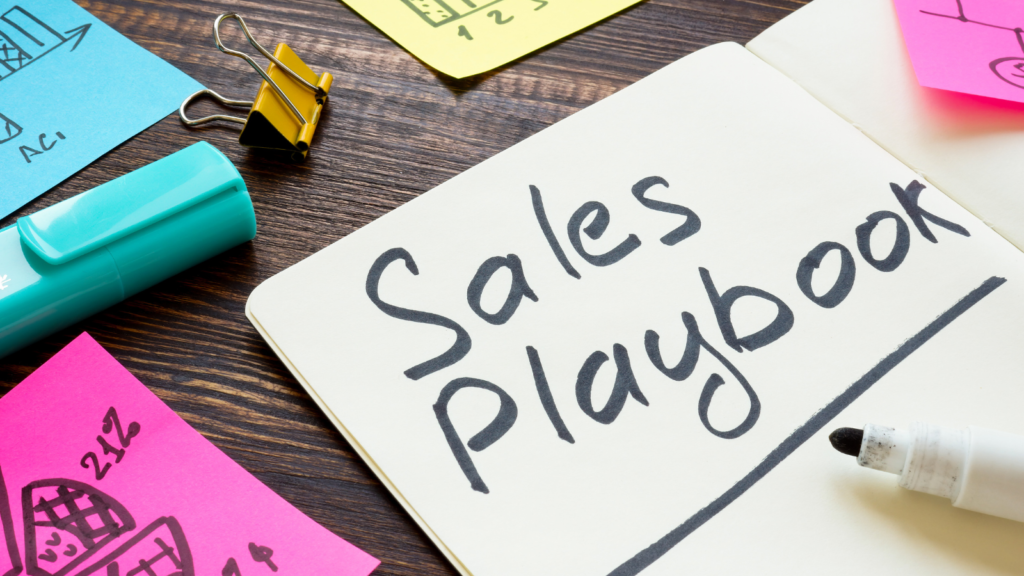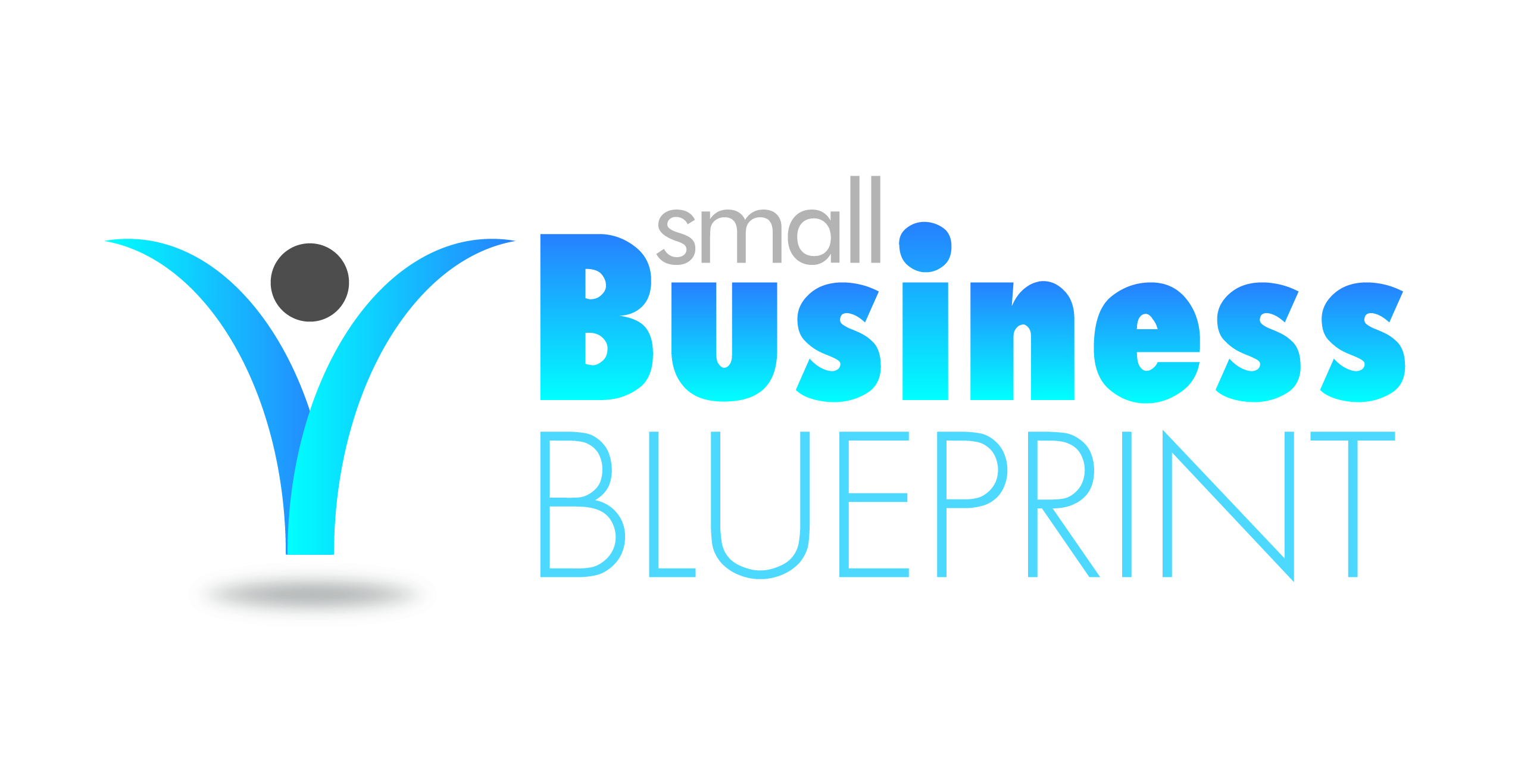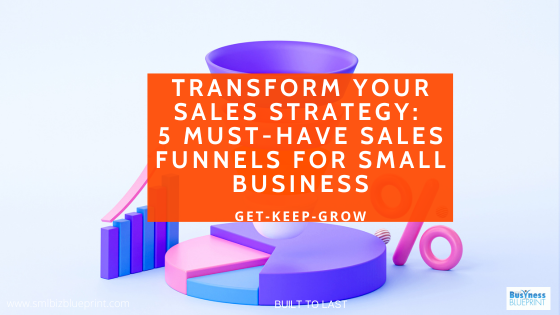Success is often measured in business by converting potential leads into loyal customers. Achieving this requires a strategic approach, and at the heart of it lies the concept of sales funnels.
Structured sales funnels are pivotal in guiding prospects through the buyer’s journey, from initial awareness to eventual conversion.
This guide delves into various sales funnels, each tailored to serve specific objectives within your business strategy.

#1 Lead Generation Funnel
At the forefront of any successful sales strategy is the Lead Generation Funnel. This funnel attracts potential customers and captures their information for future nurturing.
To kickstart this process, focus on implementing robust content marketing initiatives, engaging social media campaigns, and enticing lead magnets designed to gather valuable leads.
By offering valuable content and incentives, you attract prospects and establish yourself as an authority in your industry, setting the stage for further engagement.
Create Valuable Content:
Produce high-quality content that addresses your target audience’s pain points and interests. Whether it’s blog posts, eBooks, webinars, or infographics, providing valuable information establishes your authority and attracts potential leads.
Optimise Landing Pages:
Ensure your landing pages are optimised for conversion by incorporating clear, compelling calls-to-action (CTAs), concise forms, and persuasive copy. A seamless user experience increases the likelihood of visitors submitting their information and becoming leads.
Utilise Social Media Channels:
Leverage social media platforms to amplify your content and reach a wider audience. Engage with your followers, participate in relevant discussions, and promote your lead magnets to capture the attention of potential leads and drive them into your funnel.
#2 Conversion Funnel
Once leads are captured, the next crucial step is to guide them towards conversion. The Conversion Funnel is dedicated to this purpose, focusing on turning leads into paying customers.
Key strategies within this funnel include targeted communication tailored to your audience’s specific needs and pain points. To build trust and credibility, incorporate compelling testimonials, reviews, and case studies.
Additionally, ensure a seamless checkout process to minimise friction and encourage swift conversions.
Personalised Communication:
Tailor your communication to each lead’s specific needs and preferences. Use segmentation and personalisation techniques to deliver targeted messages that resonate with their interests and motivations, increasing the likelihood of conversion.
Leverage Social Proof:
Incorporate social proof elements such as customer testimonials, reviews, case studies, and trust badges to build credibility and alleviate any doubts or objections your leads may have. Authentic testimonials from satisfied customers can significantly influence purchasing decisions.
Optimise Checkout Process:
Streamline the checkout process to minimise friction and reduce cart abandonment rates. Simplify form fields, offer multiple payment options, provide transparent pricing, and implement security measures to instil confidence and facilitate seamless transactions.
#3 Upsell Funnel
The Upsell Funnel is an often overlooked yet immensely valuable aspect of sales funnels. This funnel offers additional products or services to customers who have already purchased.
By strategically timing and presenting these offers, businesses can significantly increase the value of each transaction. Consider complementing the customer’s initial purchase with relevant upsell suggestions, enhancing their overall experience and boosting your bottom line.
Recommend Relevant Products:
Identify complementary products or services that add value to the customer’s purchase. Offer personalised recommendations based on their previous buying behaviour, preferences, and needs, increasing the likelihood of upselling successfully.
Highlight Benefits:
Clearly communicate the benefits and advantages of upselling additional products or services. Focus on how these offerings enhance the customer’s experience, solve their problems, or meet their evolving needs, compelling them to make additional purchases.
Timing is Key:
Present upsell offers at strategic points during the customer journey, such as after a successful purchase or during checkout. Avoid being overly aggressive or intrusive; aim to seamlessly integrate upsell suggestions that align with the customer’s interests and purchase intent.

#4 High Offer Sales Funnel
The High Offer Sales Funnel becomes indispensable for businesses offering premium products or services. This funnel is characterised by personalised and high-touch strategies to convert high-value customers.
Leverage tactics such as one-on-one consultations, in-depth product demonstrations, or exclusive events to showcase the unique value proposition of your offerings. By prioritising personalised engagement, businesses can cultivate meaningful relationships with discerning clientele, driving long-term loyalty and profitability.
Personalised Consultations:
Offer personalised consultations or demonstrations to high-value prospects, providing them with tailored insights and recommendations based on their needs and preferences. This personalised approach demonstrates the unique value proposition of your premium offerings and builds trust and rapport with potential customers.
Exclusive Events or Workshops:
Host exclusive events or workshops for high-value prospects, giving them VIP access to industry experts, thought leaders, or product specialists. These events offer valuable networking opportunities and allow prospects to experience the benefits and advantages of your premium offerings in a personalised setting.
Customised Solutions:
Develop customised solutions or packages tailored to the unique requirements of high-value customers. By understanding their pain points and objectives, businesses can create bespoke offerings that address their specific challenges and deliver exceptional value, increasing the likelihood of conversion and long-term loyalty.
#5 Retention Funnel
While acquiring new customers is essential, retaining existing ones is equally critical for sustained business growth. Enter the Retention Funnel, a vital component often overlooked in sales strategies.
This funnel focuses on maintaining customer loyalty and encouraging repeat business through post-purchase follow-ups, loyalty programs, and ongoing engagement tactics. By nurturing existing relationships and delivering exceptional post-purchase experiences, businesses can foster brand advocacy and drive sustainable revenue streams.
Post-Purchase Follow-Up:
Implement a robust post-purchase follow-up strategy to engage customers after their initial purchase. Send personalised thank-you emails, request feedback, and offer exclusive discounts or rewards to encourage repeat business and foster brand loyalty.
Loyalty Programs:
Establish loyalty or rewards programs to incentivise repeat purchases and encourage ongoing engagement with your brand. Offer points, discounts, or exclusive perks for loyal customers, and regularly communicate the benefits of membership to keep them engaged and motivated to continue purchasing from your business.
Ongoing Communication:
Maintain ongoing communication with existing customers through email newsletters, social media engagement, and targeted promotions. Keep them informed about new products, services, or promotions, and regularly solicit feedback to ensure their needs are met and identify improvement opportunities.
Conclusion:
In conclusion, mastering sales funnels is essential for small business owners seeking to maximise revenue and cultivate lasting customer relationships. By implementing a diverse array of funnel types, from Lead Generation to Retention, businesses can address various sales objectives and cater to the evolving needs of their customer base.
Embrace the power of structured sales funnels to guide prospects seamlessly through the buyer’s journey, ultimately unlocking untapped growth opportunities and securing your position as a market leader.
Sign-Up for Exclusive Insights:
Join our community of savvy business owners and stay updated with the latest strategies and insights to elevate your sales game. Sign up now to receive exclusive content directly to your inbox.
FAQs:
What is the primary purpose of a Lead Generation Funnel?
The primary purpose of a Lead Generation Funnel is to attract potential customers and capture their contact information for future nurturing. It involves guiding prospects through various awareness, interest, and consideration stages, ultimately converting them into leads. Businesses can establish credibility, build trust, and expand their customer base by offering valuable content, incentives, or solutions to their pain points.
How can businesses effectively nurture leads within the Conversion Funnel?
Effectively nurturing leads within the Conversion Funnel requires personalised communication and targeted messaging tailored to the needs and preferences of each prospect. Utilise tools such as email marketing, retargeting ads, and personalised follow-ups to stay top-of-mind and guide leads towards purchasing. Incorporate social proof, such as testimonials and reviews, to instil confidence and overcome objections, facilitating conversions.
What are some examples of successful upselling strategies?
Successful upselling strategies often involve presenting complementary products or services that enhance the value of the customer’s initial purchase. For example, a software company may offer premium features or add-ons at the point of sale, or a retail store may suggest accessories or extended warranties with a product purchase. Timing is crucial, so align upsell offers with the customer’s needs and preferences to maximise effectiveness without appearing pushy.
Why is personalised engagement crucial in the High Offer Sales Funnel?
Personalised engagement is crucial in the High Offer Sales Funnel because it allows businesses to tailor their approach to high-value customers’ needs and preferences. By offering personalised consultations, demonstrations, or exclusive perks, businesses can demonstrate the unique value proposition of their premium offerings and establish a deeper connection with discerning clientele. This personalised approach fosters trust, enhances customer satisfaction, and increases the likelihood of conversion.
How can businesses measure the effectiveness of their Retention Funnel?
Businesses can measure the effectiveness of their Retention Funnel by tracking key metrics such as customer retention rate, repeat purchase rate, and customer lifetime value. Additionally, monitoring engagement metrics, such as email open rates, click-through rates, and participation in loyalty programs, can provide insights into customer satisfaction and ongoing engagement. Regularly soliciting feedback through surveys or reviews can also help businesses identify areas for improvement and optimise their retention strategies for long-term success.

